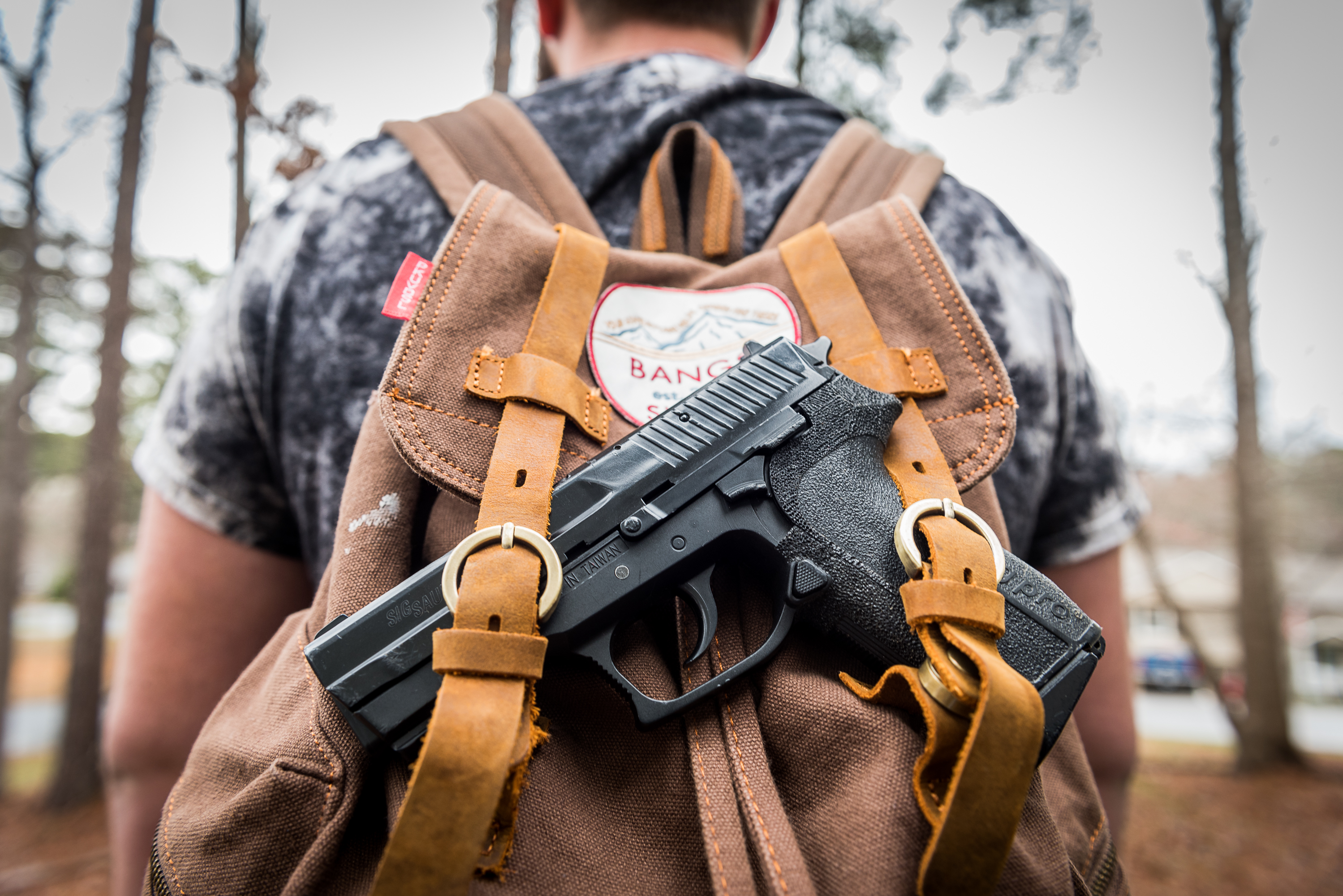Conflict between Israel and Hezbollah continues to escalate.
This article was written prior to the attack on Lebanon, and is being published retroactively for its accounting of history and attitudes prior to the offensive.
Israel may be gearing up for a significant ground offensive against Hezbollah in Lebanon. The escalation follows two waves of devastating explosive pager attacks that claimed the lives of over 40 people and left 3,500 others injured, including Iran’s ambassador to Lebanon, Mojtaba Amani.
Israeli Defense Minister Yoav Gallant announced the redeployment of “forces, resources, and energy” toward Lebanon, with the goal of targeting Hezbollah as the war moves into what he described as a “new phase.”
Israel has pledged to secure its north and return thousands of citizens who have evacuated from the region since Hezbollah launched a campaign of cross-border strikes last year in solidarity with Palestinian militants fighting in Gaza.
Since Sept. 17, Israel has targeted senior Hezbollah military officials and the group’s headquarters. These specific airstrikes serve as Israeli preparation for the possible entry of troops into South Lebanon following staged exercises that simulated a ground invasion.
In response, Hezbollah has vowed to continue its strikes until Israel agrees to a ceasefire with its ally Hamas.
Arriving in New York on Friday to attend the U.N. General Assembly, Israeli Prime Minister Benjamin Netanyahu stated that the military will keep hitting Hezbollah with “full force and we will not stop until we achieve all our goals, first and foremost returning the residents of the north safely to their homes.”
Lebanese Foreign Minister Abdallah Bou Habib appealed to the U.N. to support an immediate ceasefire “before the situation spirals out of control, with a domino effect, making this crisis impossible to contain.” However, Israel has been steadfast in its opposition to a quick settlement.
The US, despite its unflagging support for Israel, has also shown weariness in the face of escalation,encouraging a ceasefire with Hezbollah. Israel rejected this proposition on Sept. 26.
Israel has increased its airstrikes in Lebanon this week, aiming to quell Hezbollah’s near year-long series of attacks. The intensified campaign has killed or injured over 3,000 individuals in Lebanon, including many women and children, according to the Lebanese Health Ministry. A predawn Israeli strike on Friday in Chebaa, a Sunni border town, killed nine members of the same family.
In a bid to assassinate Hezbollah leader Hassan Nasrallah, Israel conducted a bombing run on Hezbollah’s headquarters near Beirut after intelligence suggested he was holding a leadership meeting in an underground facility there. The strike killed Nasrallah, several high-ranking Hezbollah commanders as well as a prominent Iranian commander.
While Israel has not provided specific details on the type or number of bombs used, the explosion destroyed an area exceeding a city block. The Israeli military possesses American-made 2,000-pound “Bunker Buster” bombs, designed for targeting underground facilities.
The ongoing conflict has raised concerns over its humanitarian toll and impact on regional stability.


